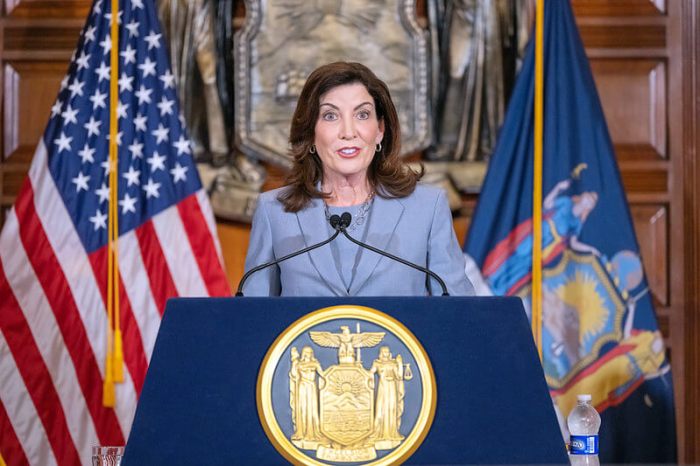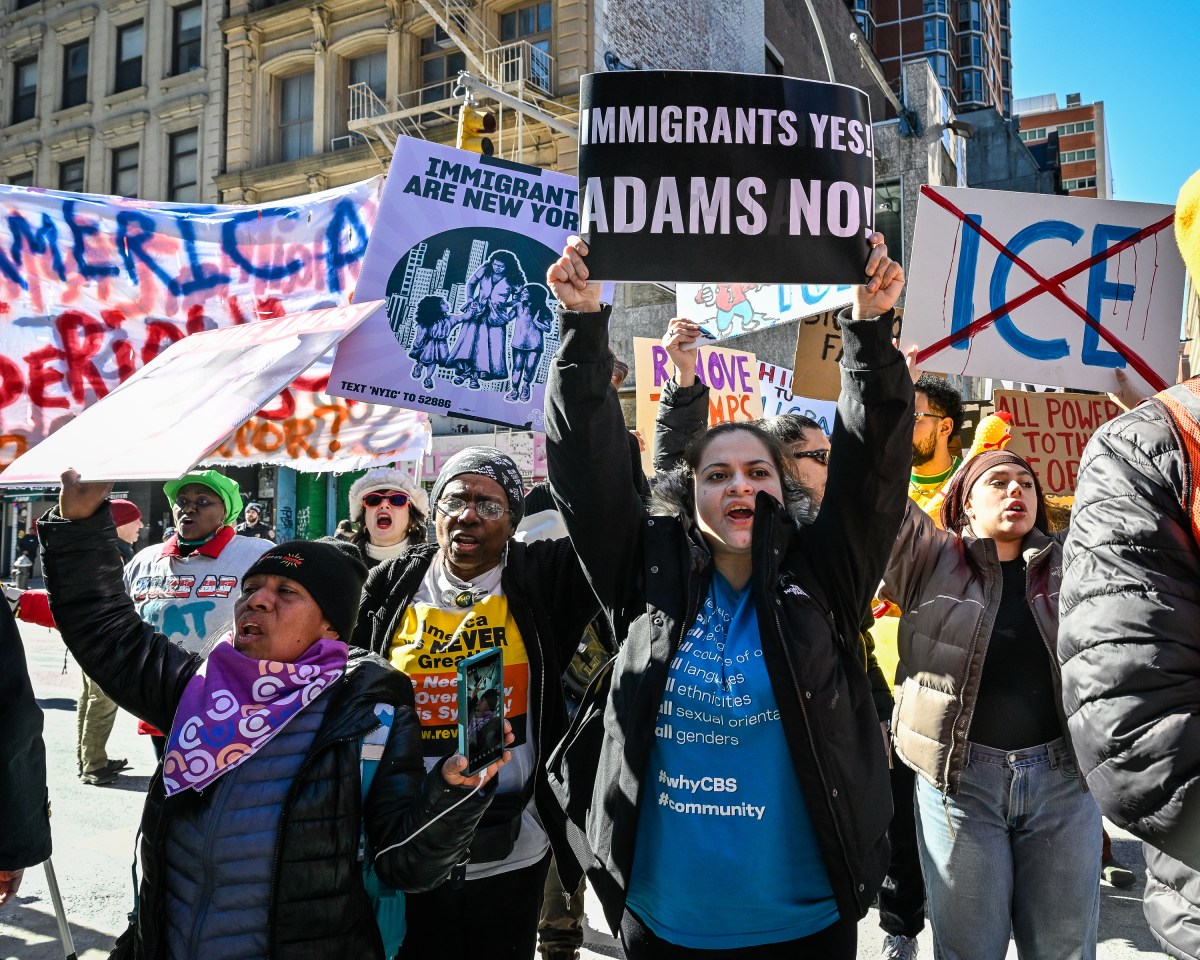Half of working New Yorkers report that their employers do not provide paid sick leave.
Low-income workers, Latinos and those employed by smaller firms are least likely to have access to paid sick time
In a follow up to a 2009 study that examined the implications to worker health and financial security of making paid sick days a minimum labor standard for workers, the Community Service Society (CSS) today released an updated report that draws on 2011 survey data and the latest research. “Still Sick in the City, What the Lack of Paid Leave Means for Working New Yorkers,” shows who is most impacted by the lack of access to paid sick time. It also explores public support for a law requiring employers to provide workers with a minimum number of paid sick days.
The new survey data confirms key findings from the 2009 “Sick in the City” report. Similar to the findings in 2009, the new report found that lower-income workers, Latinos and those employed by smaller firms are the least likely to have access to paid sick time. Overall, an estimated 41 percent — 1.4 to 1.6 million workers – have no paid leave whatsoever, for sickness or vacation. Nearly two out of three low-income workers do not have a single paid sick day. And more than half of workers who handle food, and 43 percent of workers in close contact with children or the elderly, do not have paid sick time.
“The number of working New Yorkers without access to any kind of paid leave in the event of illness or the need to care for a sick child is growing,” said David R. Jones, President and CEO of the Community Service Society. “It’s time for New York City to act. In this fragile economic climate workers should no longer be forced to choose between the health concerns of themselves or their children and holding onto their jobs.”
Paid sick leave bills have been introduced in the City Council in 2009 and 2010. Despite widespread support from members, the bill has been stuck in the Council due in part to criticism that it would unduly burden small business with additional costs during a tough economy. Over the past year sponsors have made changes to the bill. This month a revised bill was offered which, among other concessions to the business community, exempts employers with fewer than five employees. That provision accounts for about 62 percent of all business establishments in New York City. While workers in these “Mom and Pop” shops would not receive paid sick time, they could not be fired for being sick up to five days a year.
Several large cities have already enacted paid sick day laws, including San Francisco, Washington D.C., and Seattle. Last year Connecticut became the first state to pass a paid sick days law. Research on the impact of San Francisco’s paid sick time requirement — which was enacted in 2007 and is more wide-reaching in scope than the law proposed for New York City – found no evidence that the law had been detrimental to business.
Vast Majority of New Yorkers Support Paid Sick Leave
Based on findings from The Unheard Third 2011, an overwhelming majority of New Yorkers of all income levels and political party affiliations support a law requiring employers to provide paid sick leave. By a nearly two-to-one margin, Democrats say they are less likely to vote for a mayoral candidate who opposes paid sick time. Independents and Republicans are also less likely to support a candidate who opposes paid sick time.
The survey also found that more than half of low-income New Yorkers fear that someone in their household will lose their job in the coming year. Many low-wage workers continue to struggle in the current economy. Compared to pre-recession levels, workers have lost ground when it comes to workplace benefits such as health insurance and paid sick leave.
“It’s mind boggling that today in New York City we are fighting to protect low-wage workers from being fired or docked pay if they get sick – something that most higher paid workers take for granted,” said Nancy Rankin, founder of the Unheard Third and CSS Vice President of Policy, Research and Advocacy. “A majority of New Yorkers, including many small businesses, support this legislation because they understand the small cost can be easily absorbed and will pay off in a more stable, healthy workplace. Certainly no one benefits when feverish children are sent to school, a worker with the flu infects everyone or someone ends up the emergency room because they couldn’t get to the doctor.”
The Unheard Third 2011 was conducted by the national polling firm Lake Research Partners for CSS, from July 5 to July 31, 2011. It surveyed 1,419 New York City residents and had a margin of error of plus or minus 2.6 percentage points. It is the only annual survey of low-income opinion in the nation. The poll is partially-funded through the support of The New York Community Trust. CSS has used the survey to inform and guide its research, direct service programs and policy recommendations. It has served to narrow the focus of the agency’s agenda on the working poor and reinforce its belief that public policy aimed at this population must, in part, be guided by the life experiences and ideas of New Yorkers living in poverty.
For more than 165 years, the Community Service Society of New York has been the leading voice on behalf of low-income New Yorkers and continues to advocate for the economic security of the working poor in the nation’s largest city. We respond to urgent, contemporary challenges with applied research, advocacy, litigation and innovative program models that help the working poor achieve a better quality of life and promote a more prosperous city.


























